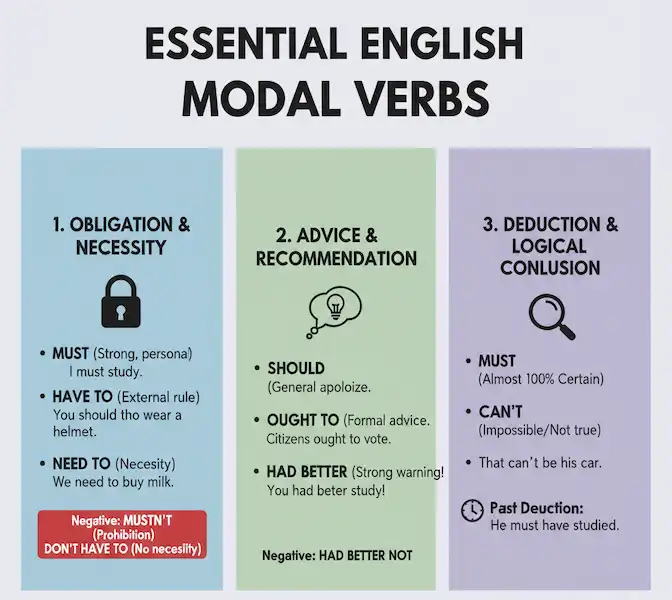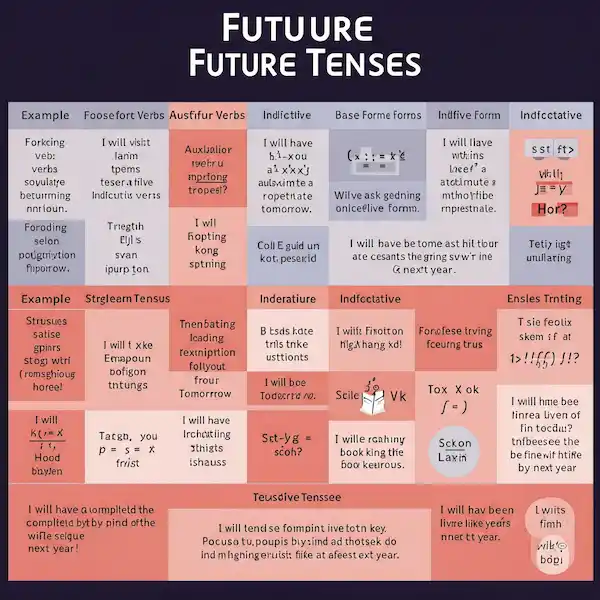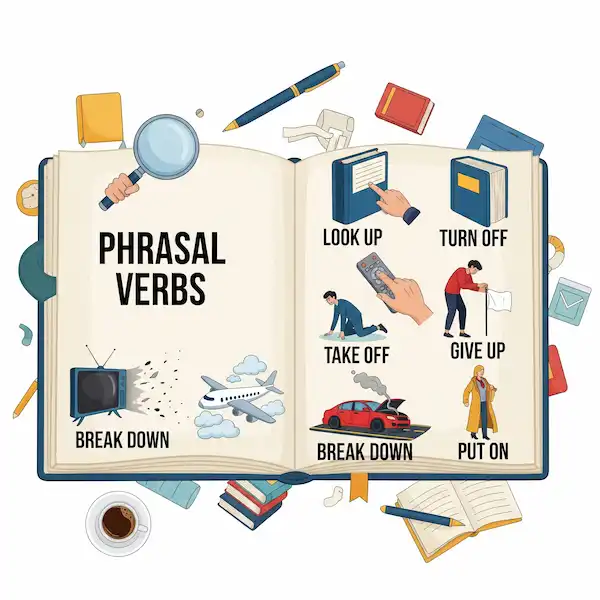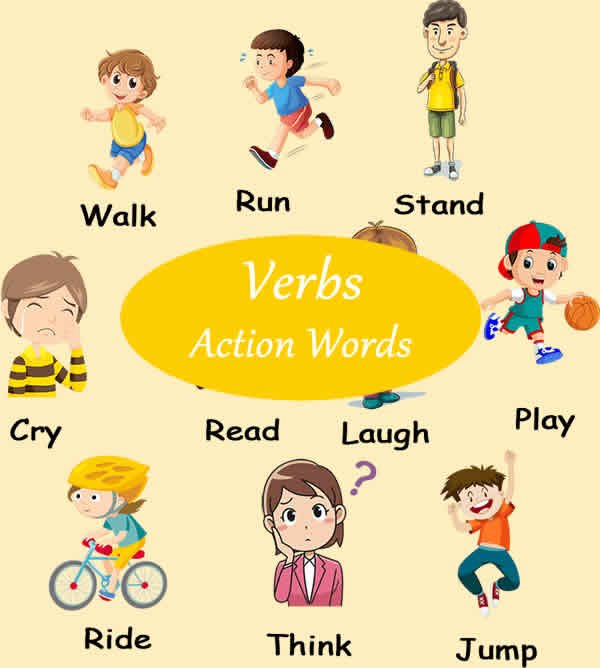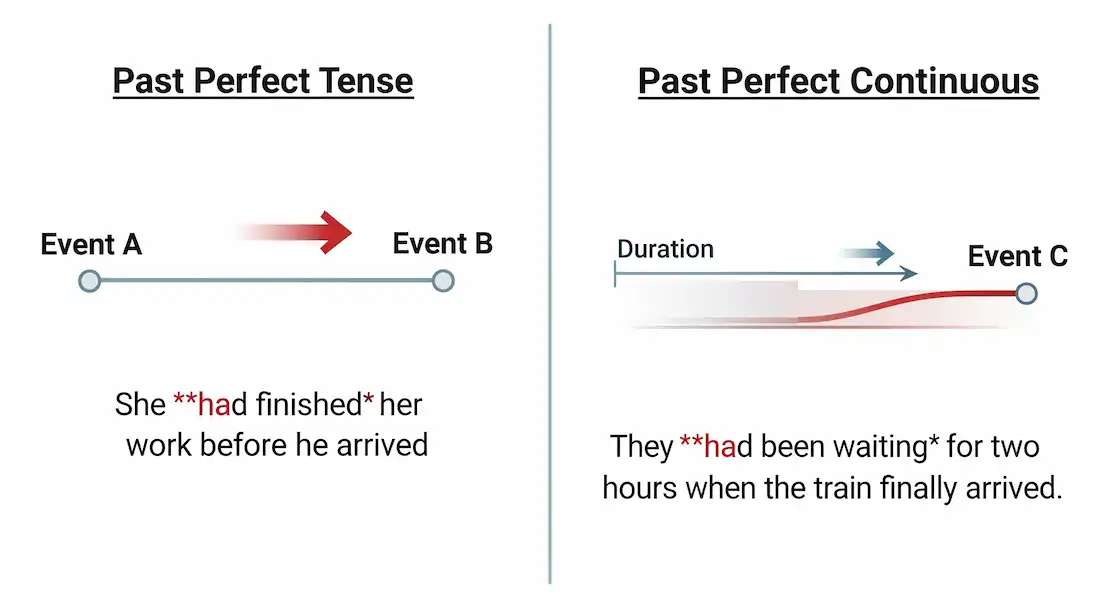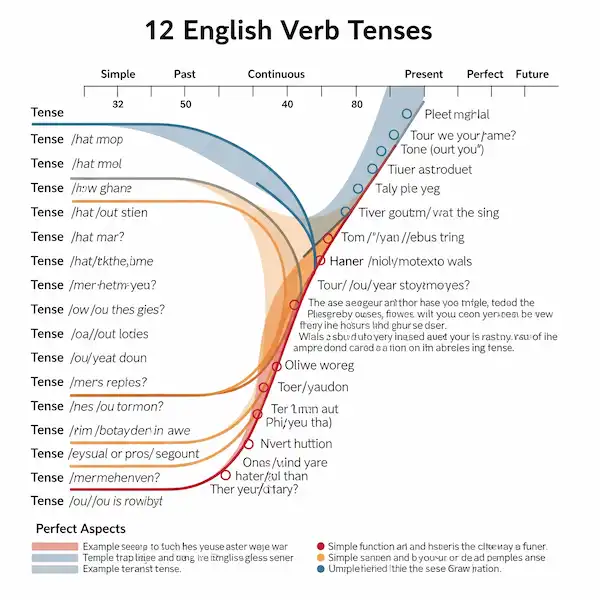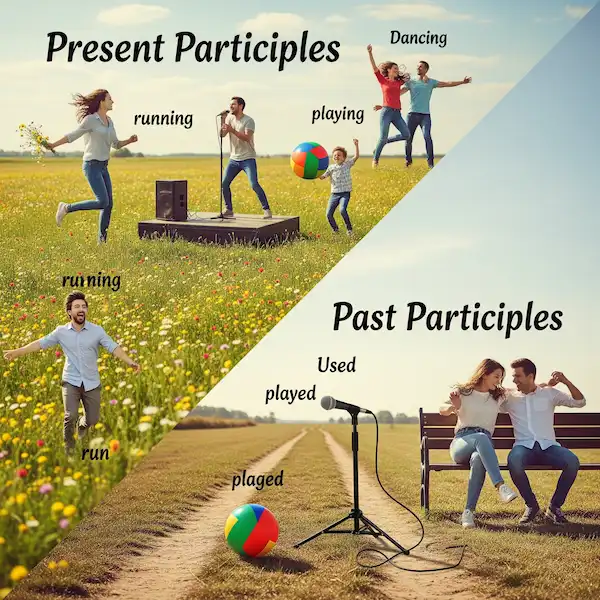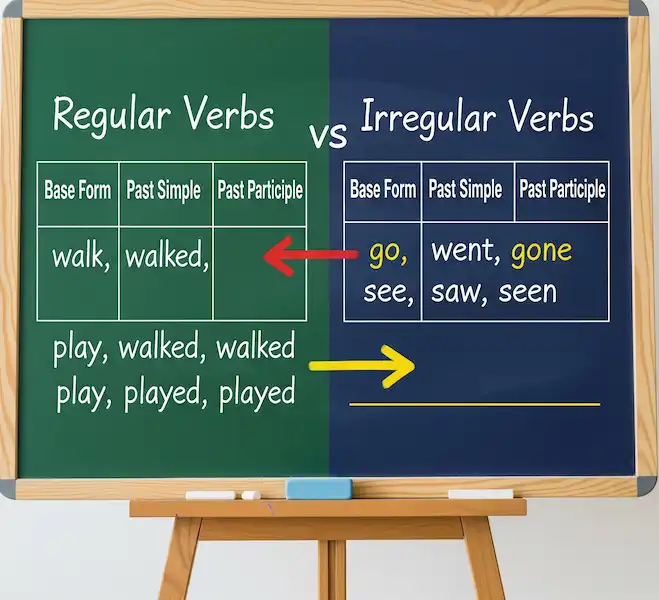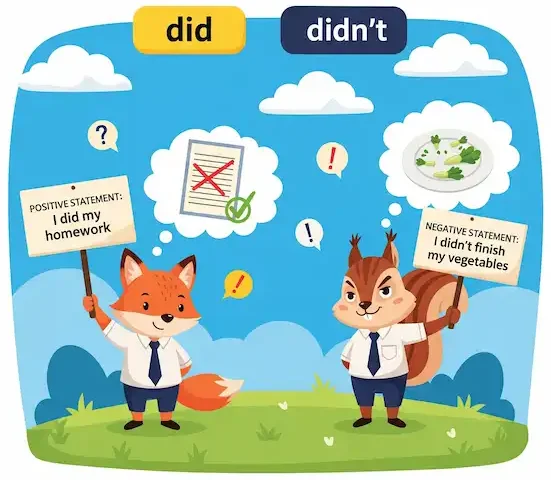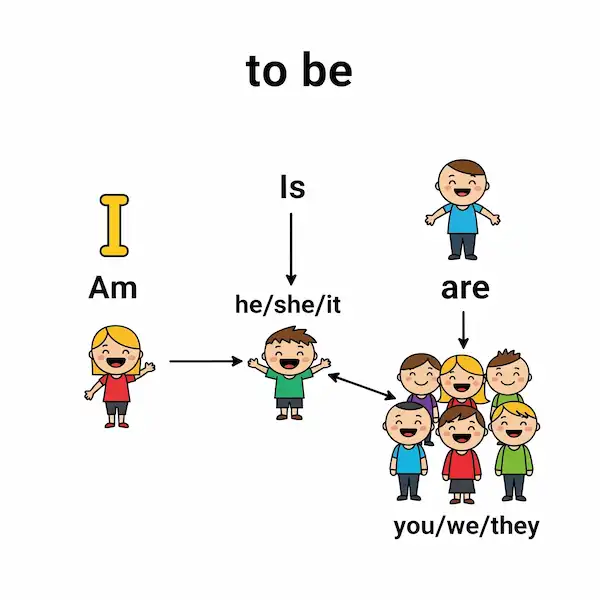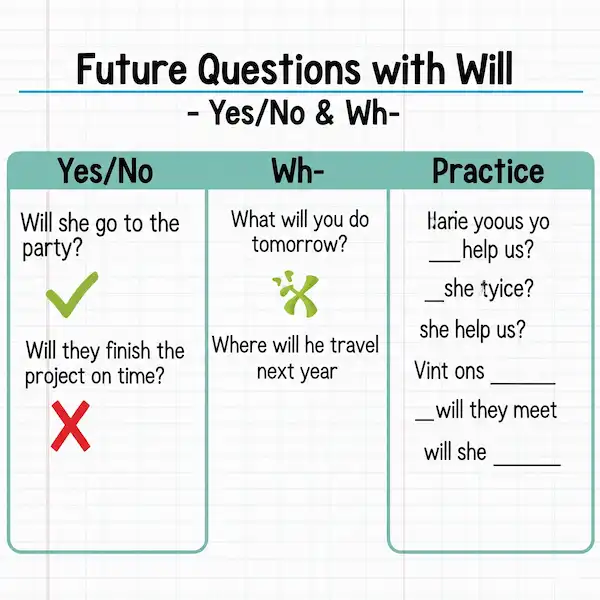🚀 Your Essential Modal Verbs Guide for English Learners
Modal verbs are special auxiliary (or “helping”) verbs that add extra meaning to the main verb in a sentence. They express ideas like possibility, ability, permission, advice, obligation, and necessity. For an intermediate English learner, mastering essential modal verbs is key to expressing yourself accurately and naturally.
Modal Verb Rule: A modal verb is always followed by the base form (infinitive without ‘to’) of another verb.
- Correct: You must study for the test.
- Incorrect: You must to study for the test.
1. Obligation and Necessity (What you must do) 📝
These essential modal verbs tell us that an action is necessary or compulsory.
| Modal Verb | Function | Examples | Notes |
| Must | Strong, personal obligation (Speaker’s opinion or feeling) | I must remember to call my grandmother tomorrow. | Can only be used for present/future obligation. |
| Have to | External obligation (Rule, law, or external authority) | You have to wear a helmet on a motorbike in this country. | The semi-modal have to can change tense (e.g., had to). |
| Need to | Necessity (Similar to have to but often less formal or absolute) | We need to buy more milk before breakfast. | The semi-modal need to can change tense (e.g., needed to). |
Negative Forms: Necessity vs. Prohibition
Be very careful with the negative forms; they have different meanings!
| Negative Form | Meaning | Example |
| Mustn’t (Must not) | Prohibition (It is not allowed) | You mustn’t use your phone while driving. |
| Don’t have to | Lack of Necessity (It is not necessary) | You don’t have to pay for the parking; it’s free today. |
| Needn’t (Need not) | Lack of Necessity (Less common than don’t have to) | She needn’t bring a gift, just her presence is enough. |
2. Advice and Recommendation (What you should do) 🤔
These essential modal verbs are used to give suggestions, advice, or to say what is the right thing to do.
| Modal Verb | Function | Examples | Level of Insistence |
| Should | General advice or recommendation (The most common) | You should apologize for your mistake. | Neutral |
| Ought to | Stronger or more formal advice (Often interchangeable with should) | Citizens ought to vote in the upcoming election. | Formal / Stronger Recommendation |
| Had better | Strong advice with a warning (A negative result will happen if the advice is ignored) | You had better study tonight, or you’ll fail the exam. | Strong (with a threat/warning) |
British vs. English speakers – British speakers will use “ought to” primarily, while American speakers will use “should” most of the time.
Note: For had better, the negative is had better not (e.g., You had better not tell him the secret.)
3. Deduction and Logical Conclusion (How sure you are) 💡
These essential modal verbs express how certain you are about a situation based on the available evidence. This is called epistemic modality.
| Modal Verb | Certainty Level | Function | Examples |
| Must | Almost 100% Certain | To make a strong, logical conclusion that something is true based on evidence. | He’s wearing a doctor’s uniform. He must be a surgeon. |
| Can’t (Cannot) | Almost 100% Certain | To make a strong, logical conclusion that something is impossible/not true based on evidence. | That can’t be your new car; it’s too small for your family. |
Deduction about the Past
To talk about deductions in the past, we use the structure: Modal + have + Past Participle.
- She got the top score on the test. She must have studied all weekend. (You are almost certain she studied.)
- I called your phone, but you didn’t answer. You must have been sleeping. (Conclusion about a continuous action in the past.)
- They look unhappy. They can’t have heard the good news. (You are almost certain they did not hear.)
Additional Helpful Content
Why Do These Essential Modal Verbs Confuse Learners?
The main challenge for intermediate learners is that many modal verbs have multiple meanings. For instance, ‘must’ is used for strong obligation (Section 1) AND strong deduction (Section 3). You must look closely at the context of the sentence to understand the meaning.
| Modal | Function 1 | Function 2 |
| Must | Obligation: I must finish this report. | Deduction: He must be tired after his flight. |
| Can | Ability: I can speak Spanish. | Permission: Can I borrow your pen? |
🛠️ Quick Tips for Mastery
- Don’t Change the Form: Modals never add ‘-s’, ‘-ed’, or ‘-ing’. The form is always the same for all subjects (I, you, he, she, it, we, they).
- Focus on Strength: When giving advice, use should for neutral advice, but had better for a serious warning.
Frequently Asked Questions (FAQ) – Essential Modal Verbs
Q: Is “have to” a true modal verb?
A: No, have to is often called a semi-modal or modal expression. True modals (like must, should) never change their form, while have to can be used in different tenses (has to, had to, will have to).
Q: What is the difference between must and have to for obligation?
A:
- Must: The obligation comes from the speaker or subject (internal). I must stop eating so much sugar. (It’s my personal decision.)
- Have to: The obligation comes from an external rule, law, or another person (external). I have to work on Saturdays. (It’s my work schedule/rule.)
Q: Is ought to still used in modern English?
A: Yes, but it is much less common than should, especially in spoken English. It is more formal and often used in written recommendations or official advice.
Practice Makes Perfect
Here is a PDF worksheet you can download to practice essential modal verbs. The answers are on a separate page.
Additional Helpful Links
- Learn about the basic simple modal verbs – English Modal Verbs: ‘May,’ ‘Might,’ ‘Could’: English Possibility
External Authoritative Links
- British Council LearnEnglish – Modal Verbs: Provides comprehensive grammar lessons on modals from a respected source: Modal verbs | LearnEnglish – British Council
- Perfect English Grammar – Modal Verbs: Offers clear explanations and exercises from a well-known English grammar resource: Modal Verbs – Perfect English Grammar
